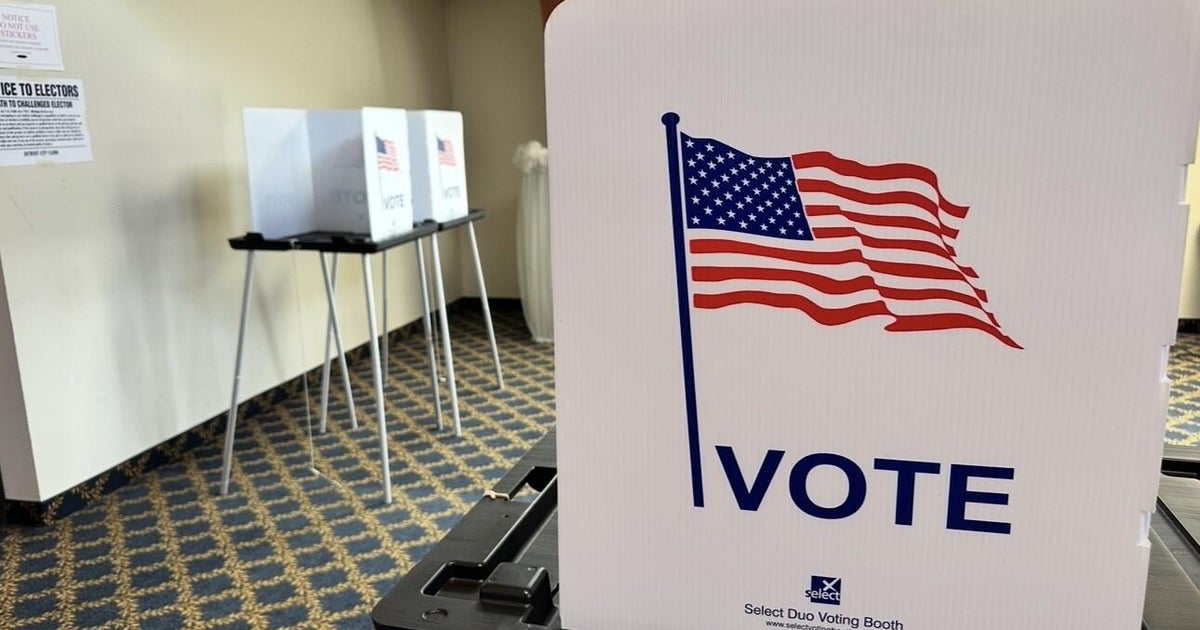New study shows if history is any guide, Biden's likely to see his Cabinet confirmed swiftly
President-elect Joe Biden is calling for swift confirmation of his top Cabinet choices once he's sworn in next year – and a new study suggests he shouldn't worry.
The last four presidents announced a combined 56 Cabinet nominees during their transitions, most of them in December, and each president saw almost all those picks take office, according to the nonpartisan Center for Presidential Transition, which is advising Mr. Biden's transition office and the White House about the ongoing transfer of power. In the last 28 years, the Senate has confirmed 95% of a president's cabinet secretary nominations.
"Recent transitions have shown that quick confirmations of Cabinet secretary positions are the norm rather than the exception," according to the study. "Such cooperation is not just important for a new president, but for the overall functioning of the government during periods of transition."
The Center for Presidential Transition is part of the nonpartisan Partnership for Public Service, an entity that promotes and buoys the federal workforce and works with lawmakers and the White House on public workforce issues. The Partnership's transition office is in near-daily contact with aides to President Trump and Mr. Biden who are directly involved in ongoing matters related to the transfer of power.
The new study comes as congressional Democrats are preemptively pressuring Republicans not to slow the confirmation process if they maintain control of the Senate after January 5 runoff elections in Georgia.
However, part of the reason nominations proceeded quickly in the past is that the U.S. Senate was controlled by the president's party at the start of his term. In 1993 and 2009, Democrats controlled the chamber when Mr. Clinton and Mr. Obama took office, while in 2001 and 2017, Republicans held control when Mr. Bush and Mr. Trump took office.
Which party controls the Senate once Mr. Biden takes office remains unclear and won't be settled until winners are declared in Georgia's two runoff elections. Democrats must win both seats to bring the Senate to a 50-50 deadlock. If Republicans maintain control, it would be the first time over the 28-year span that the chamber is controlled by the president's opposing party at the start of his term.
Senate Minority Leader Chuck Schumer, of New York, said on Monday that the chamber should begin holding confirmation hearings "immediately after the Georgia Senate elections, so that key cabinet officials can be confirmed on January 20 and soon thereafter, which is traditional for a new president." He added later that Democratic and Republican committee staffs "should begin preparations for those hearings as President-elect Biden names his Cabinet."
As he unveiled members of his economic team on Tuesday, Mr. Biden said he hopes his "outstanding nominees will receive a prompt hearing and that we will be able to work across the aisle in good faith and move forward as one country."
Senate Republican leaders have not yet publicly committed to holding pre-inaugural nomination hearings if they maintain control.
But this shouldn't be much of an issue, according to the study. Presidents Bill Clinton, George W. Bush, Barack Obama and Donald Trump had most of their Cabinet choices confirmed almost immediately after they took the oath of office on January 20 because confirmation hearings were held before Inauguration Day.
Joshua Bolten, former White House chief of staff to Mr. Bush, who has advised the transition center and the Partnership for most of this century, said swift confirmations are essential to maintaining order across the federal government. "In times of crisis, it's critical and we are in one of those times of crisis."
"Even if you don't agree with the policy direction that the new president may be pursuing, that's our democracy and it's important for the effective operation of government that the new president be able to get his hands on the wheel of the government," Bolten said.
He agreed that any delays in tabulating results of the Georgia contests are "a pretty good excuse" to potentially hold off on considering nominees early next year. However, he said, "I would hope that the days for obstruction for obstruction's sake, which [Senate Majority Leader Mitch] McConnell has had to endure for four years, I hope they find a way to put those days behind us."
There are 15 statutory Cabinet departments, and Mr. Clinton had submitted 14 of his picks by Inauguration Day, according to the study. Mr. Bush submitted 11; Mr. Obama, 13; and Mr. Trump 14.
On Inauguration Day, the Senate confirmed three of Mr. Clinton's picks and 10 of them within five days. Seven of Mr. Bush's were confirmed on Inauguration Day and three more within five days. Six of Mr. Obama's were confirmed on day one and three more within five days. Just two of Mr. Trump's were confirmed on his Inauguration Day and only two more within five days, the study found.
Mr. Trump's nominees took longer to confirm because of his decision to shake up his transition team shortly after the 2016 election, the study noted. Many of the Trump picks faced additional procedural votes due to a lack of bipartisan support, but ultimately, 14 of the 15 were confirmed.
Steven Portnoy contributed to this report.
Read the full report here:




